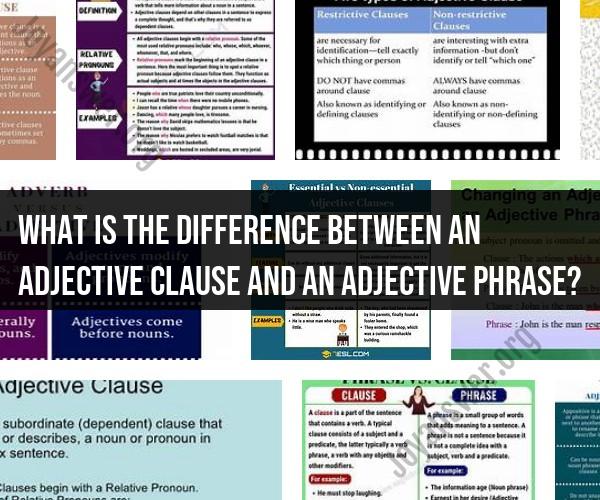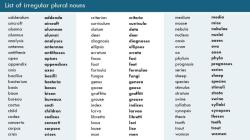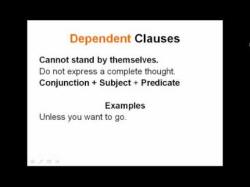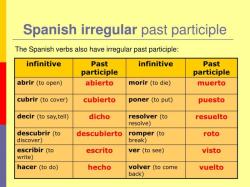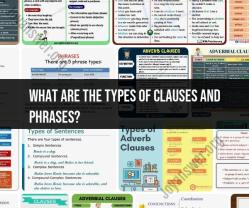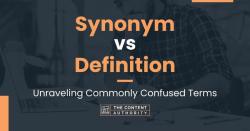What is the difference between an adjective clause and an adjective phrase?
Both adjective clauses and adjective phrases are grammatical constructs used to provide additional information about a noun. However, they have distinct characteristics and functions. Let's explore the difference between adjective clauses and adjective phrases:
Adjective Clause:An adjective clause is a group of words that contains a subject and a verb and functions as an adjective in a sentence. It provides more information about a noun and is introduced by a relative pronoun (such as "who," "whom," "whose," "which," or "that") or a relative adverb ("where," "when," or "why"). Adjective clauses are used to identify or give more details about the noun they modify.
Example with a relative pronoun:
- The book that I borrowed from the library is excellent.
- The person who won the competition is my friend.
Example with a relative adverb:
- This is the house where I grew up.
- I remember the time when we first met.
Adjective Phrase:An adjective phrase is a group of words that functions as an adjective in a sentence but does not contain a subject and a verb. It modifies a noun and provides more information about it. Adjective phrases can be formed by combining an adjective with other words like adverbs, prepositions, or other modifiers.
Example:
- She wore a dress brightly colored and elegant.
- The house made of wood is very old.
Key Differences:
Structure:
- Adjective Clause: Contains a subject and a verb. Introduced by a relative pronoun or a relative adverb.
- Adjective Phrase: Does not contain a subject and a verb. Consists of an adjective and optional modifiers.
Function:
- Adjective Clause: Functions as a full clause that provides additional information about a noun. Often used to define or identify the noun.
- Adjective Phrase: Functions as an adjective, modifying a noun by adding descriptive information.
Introduction:
- Adjective Clause: Introduced by relative pronouns or relative adverbs.
- Adjective Phrase: Introduced by adjectives and may include adverbs, prepositions, and other modifiers.
Examples:
- Adjective Clause: "The house that was built last year is for sale."
- Adjective Phrase: "She had a smile as bright as the sun."
In summary, the main distinction between adjective clauses and adjective phrases lies in their structure and function. Adjective clauses are more complex, containing a subject and a verb, and function as complete clauses providing additional information. Adjective phrases are simpler, consisting of an adjective and optional modifiers, and they modify nouns by adding descriptive details.
